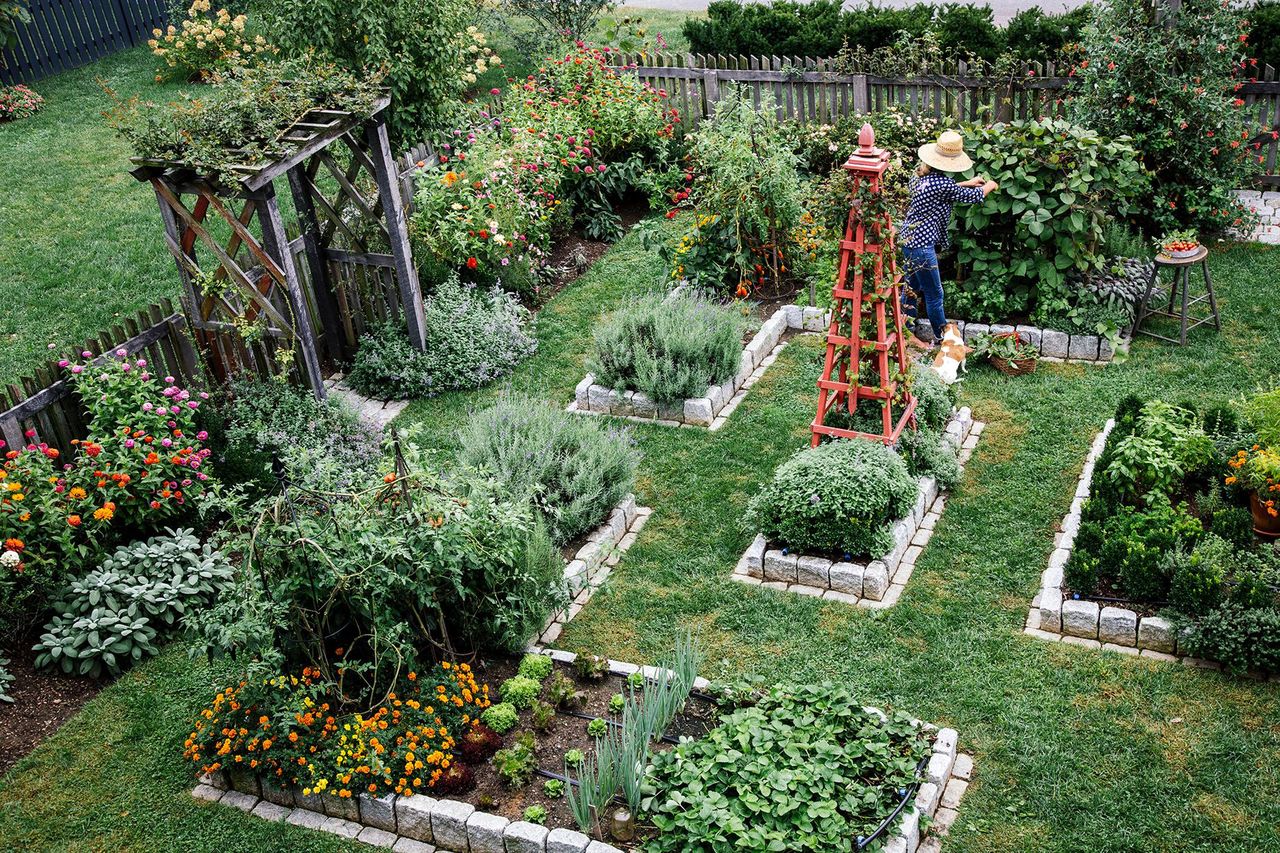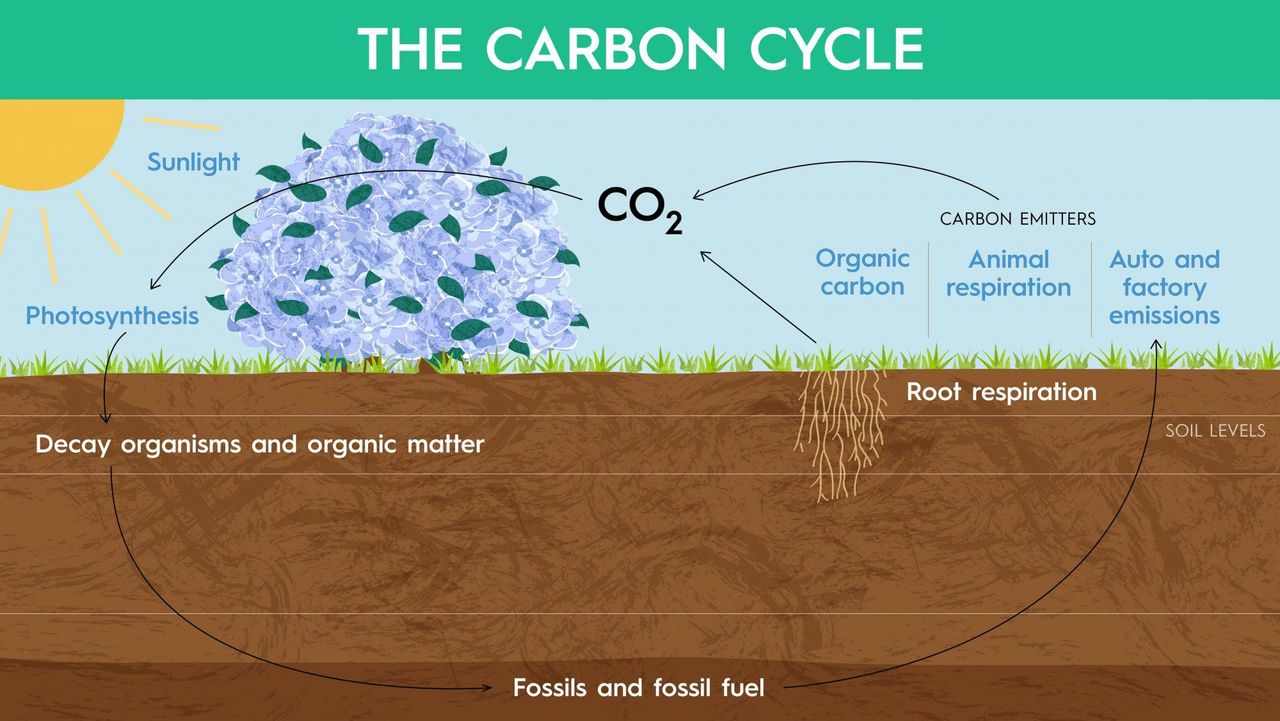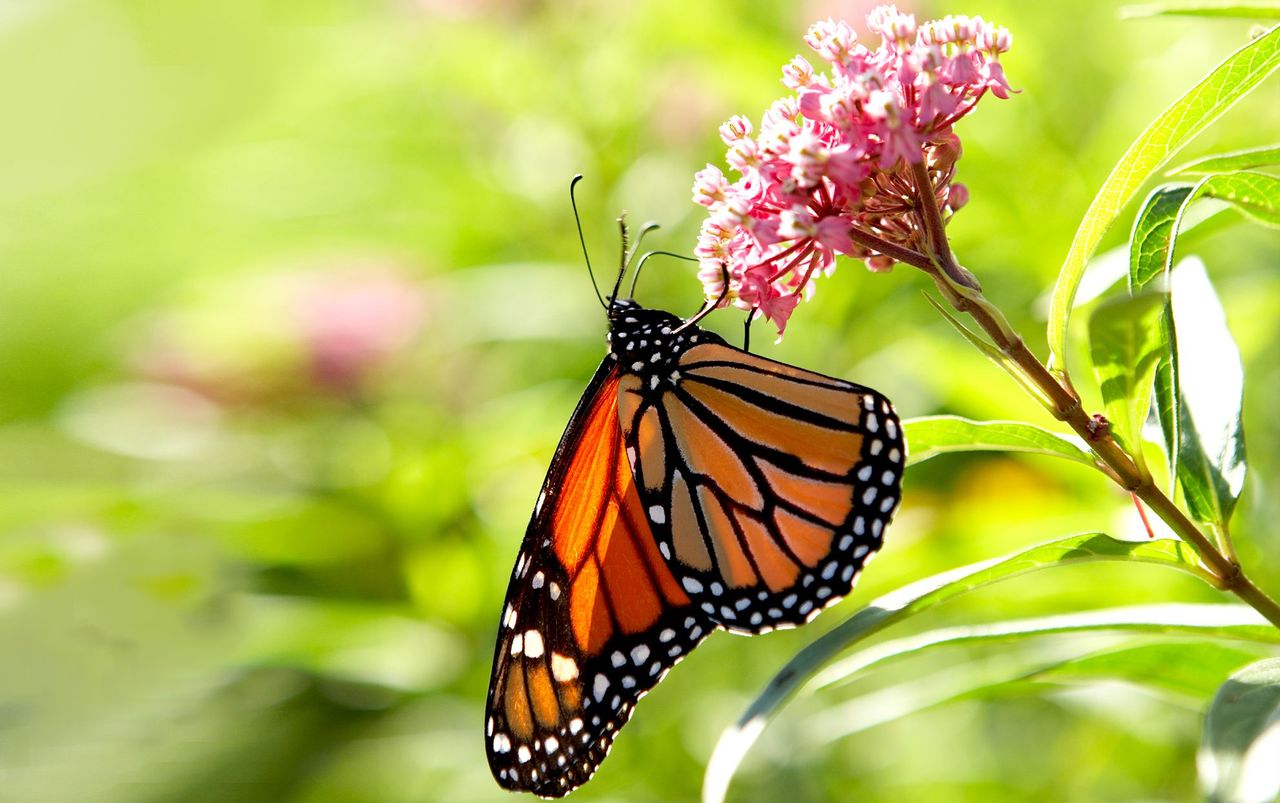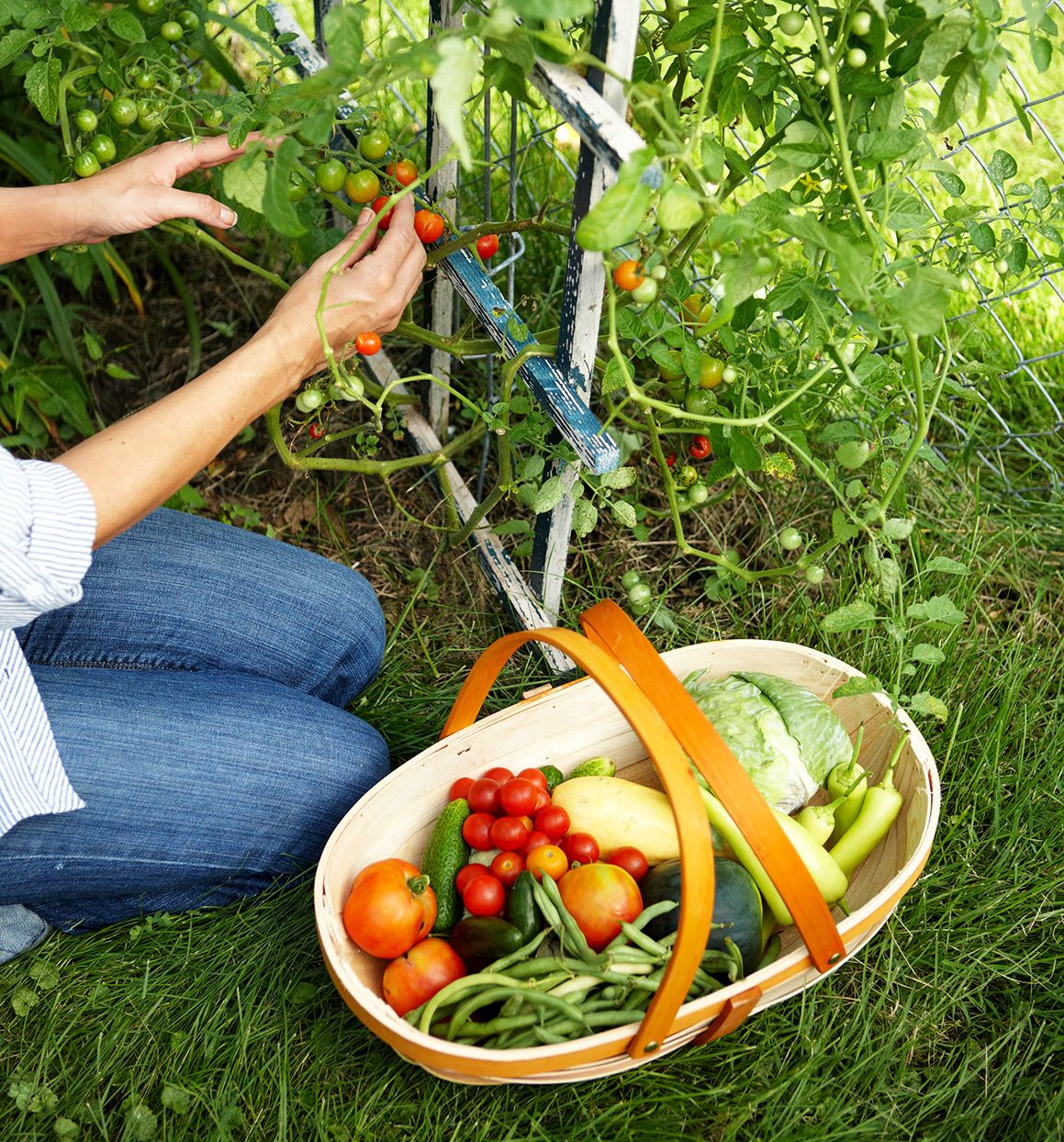
Planting a Victory Garden Can Help Fight Global Warming
There's no roadmap for fighting climate change, but bringing back a few old traditions might be a way for all of us to do our part. Green America, a nonprofit focused on ethical consumerism, honed in on the victory garden when looking for ways to help more people get actively involved in a solution to global warming. Victory gardens were especially popular during World War I and World War II when people needed to supplement rations by growing their own food. And we need this concept again, says Green America, because now what we need to ration most is our contributions to climate change.
“When we were at war, we wanted people to grow fruits and vegetables at home so there would be more available for the troops overseas,” says Todd Larsen of Green America. He says that today, victory gardens offer us a way to “grow food for ourselves and our families, and also be part of the climate solution.”
The Victory Garden Impact
Tens of millions of people planted victory gardens during both World Wars, including Eleanor Roosevelt, who planted one on the lawn of the White House. During World War II, these gardens provided about 40 percent of the country’s fruits and vegetables. According to Green America, if we could produce that much again in our home gardens, we could collectively make a positive impact on the environment.
That’s because growing your own food means less needs to be produced on big farms (which usually isn't as sustainable as home gardening can be) and then transported to you. And when you plant and care for your garden sustainably, it can also help to protect soil, support pollinators, and reduce your carbon footprint. It might not seem like you would make much difference in the world by planting your own tomatoes and beans, but multiply it by millions of similar gardens across the country and the world, and it can all add up to a significant change, like victory gardens before.
Keeping Carbon in the Soil
Carbon dioxide is one of the major contributors to the greenhouse effect, and it's released into the air when we burn fossil fuels in cars, planes, and power plants. The more carbon dioxide in the atmosphere, the more it traps heat from the sun and helps raise the Earth’s temperature. But there are natural methods here on the ground to remove that carbon dioxide from the air. It's called carbon sequestration, which basically means taking that carbon dioxide from the air and storing it where it can’t contribute to the greenhouse effect.
In what scientists call the carbon cycle, plants are like carbon dioxide vacuum cleaners, sucking it out of the air and storing it in their tissues. When plants die, they turn into organic matter in the soil, which holds onto that stored carbon dioxide with the help of billions of fungi, bacteria, and other tiny creatures that live there. Green America believes that climate victory gardens can be a major contributor to this natural carbon capturing process.
“If you do no-till gardening in your yard, so you're not digging up the soil year after year, it actually does have a big impact in terms of sequestering carbon in the soil,” says Larsen. That’s because when you disturb soil, it causes organic matter to break down faster and release more carbon dioxide back into the air. Mulching and composting also boost your soil’s ability to store carbon; plus, you won't need to water as much or use chemicals for fertilizer or weed killer.
It Gives Wildlife a Home
With millions of climate victory gardens across the country, beneficial wildlife like pollinators would have more of the food and habitat they need to survive. “We have been taught all these years that we don't want wildlife in the garden, that bugs are bad. But plants are the foundation of any wildlife habitat,” says David Mizejewski, a naturalist at the National Wildlife Federation and author of Attracting Birds, Bees, and Other Backyard Wildlife. He points out that roughly nine out of ten insects in your garden aren’t pests at all. Instead, they might be butterflies, whose caterpillars provide essential food for birds, or ladybugs, which eat the pests that do show up.
Plus, many fruits and veggies you’d grow in your garden, including zucchini, peppers, tomatoes, and eggplant, actually produce more for you when bees and other bugs pollinate their flowers. These insects then help feed birds and many other creatures. Climate victory gardens can play an essential part in supporting this entire ecosystem. And when you have a healthy ecosystem, you can rely on fewer pesticides, fertilizers, and other outside inputs that all create carbon emissions when produced.
A Source of Healthy, Hyper-Local Food
Environmental benefits aside, it's also nice to sample the fruits of your labors! If you grow a tomato plant, you can walk into your backyard and pick one to eat instead of driving to the grocery store (which releases carbon dioxide and other harmful greenhouse gases). Tomatoes at the supermarket might've come from a farm far away (which requires fuel to get to you). Transportation accounts for about 11 percent of food’s total emissions, so you can cut that to zero by growing it yourself, as well as cutting other carbon creators that large farms use, such as synthetic fertilizers and big tractors to plant and harvest.
Larson points out that there are psychological benefits as well. “We find that people who are really involved in gardening, especially the kind where you're really taking care of the earth, makes folks pretty attentive when they go to the supermarket,” he says. If you know exactly what it takes to grow a radish, you might begin to value radishes at the store differently. You might decide to use parts of that radish that many would throw away (the greens make a great pesto). And if you can’t grow it yourself, you might choose to buy organic or local if you have the choice. All these decisions help to reduce your carbon footprint, which is the name of the game.
The victory garden concept started with World War I food rationing, progressed to producing mass amounts of food during World War II, and now can help us all fight against climate change. And like we saw during those wars, growing even just a small part of what you eat can make a difference when we’re all in this together. Time to get planting!











